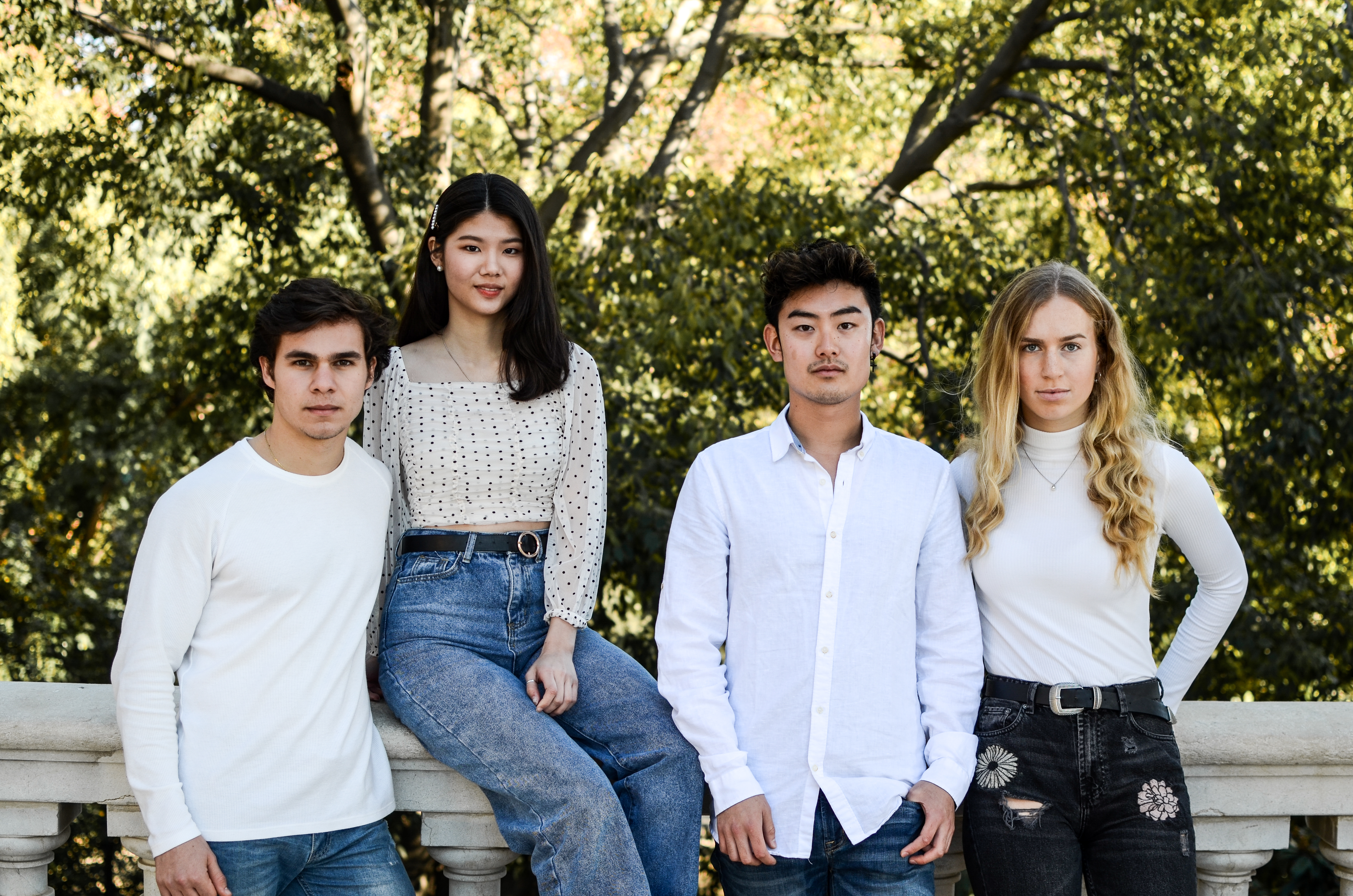
You lay in bed after a long day and begin your nightly routine of browsing through Instagram before heading to sleep. Scrolling from a Tik Tok, to an Among Us meme, to an anti-trump U.S. election post, although you’re not even American, and then come across some juicy celebrity news. Damn, that’s tough. Next thing you know, pop culture news outlets are covering it, angry beauty influencers are going live on Instagram ranting about it, meme pages are… you guessed it, making memes about it. The news has exploded all over your social media, and it seems that is what everyone is talking about.
On the next day, you hang out with your friends and bring it up. You ask if they’ve heard about Khloe Kardashian getting cheated on by her baby daddy Tristan Thompson on the same night she gave birth to their baby. All you see is blank faces. They have no clue what you’re talking about. You’d think they’d know because it was all over social media last night; because it’s pop culture, and pop culture in social media is universal for everyone. It is as globalized as ever, but how universal is it really?
This question came to my mind after viewing a must-watch Netflix original documentary called “The Social Dilemma”. This documentary caught a great amount of public attention for its shocking secrets, exposed by the tech
industry’s insiders, regarding how social media functions. The particular idea that caught my eye regarding pop culture’s universality is: Each individual’s personal social media and its content is personalized to fit the persona and manipulated to transform the persona, changing society one user at a time.
Nowadays, social media has grown to be the most predominant media platform, particularly for pop culture. Along with globalization, one could say that pop culture is as universal as it has ever been because of how the media spreads with such ease and immense speed. It is fair to assume that everyone has access to all the same content out there.
It is widely known that the media is a powerful tool in shaping individuals and society. I’m a true believer that “you are what you eat” is also applicable to our media consumption, “you are the media you consume.” Consequently, many people, including myself, put a lot of value on the
media we spend our energy and time on. We want to believe that we take the front seat in deciding what information we consume, if it is significant as politics and culture or just music or fashion.
Wanna know something? Truth be told, the front seat is actually already taken. By whom, you may ask? Oh no, honey, it’s not a who, it’s a what. The front seat is occupied by an algorithm. Your seat? Oh, it’s at the back, or if we want to be extra bitter about it, your seat is at the trunk. Each individual will have a personalized feed and exposure to different content, despite if y’all share a lot of interests or if it’s your soulmate even. While the Khloe Kardashian example may have been a bit over-simplistic and insignificant, other pop culture content with higher significance is also subject to this algorithm. This means some content you’re being deprived of, some content you’re subject to.
Learning that you are not as in control and autonomous as you’ve liked or tried to be, is a hard pill to swallow. But in reality, the line of whether you are influencing your own content – therefore, your own self-development – or if the algorithm is influencing you is more blurry than you think.

